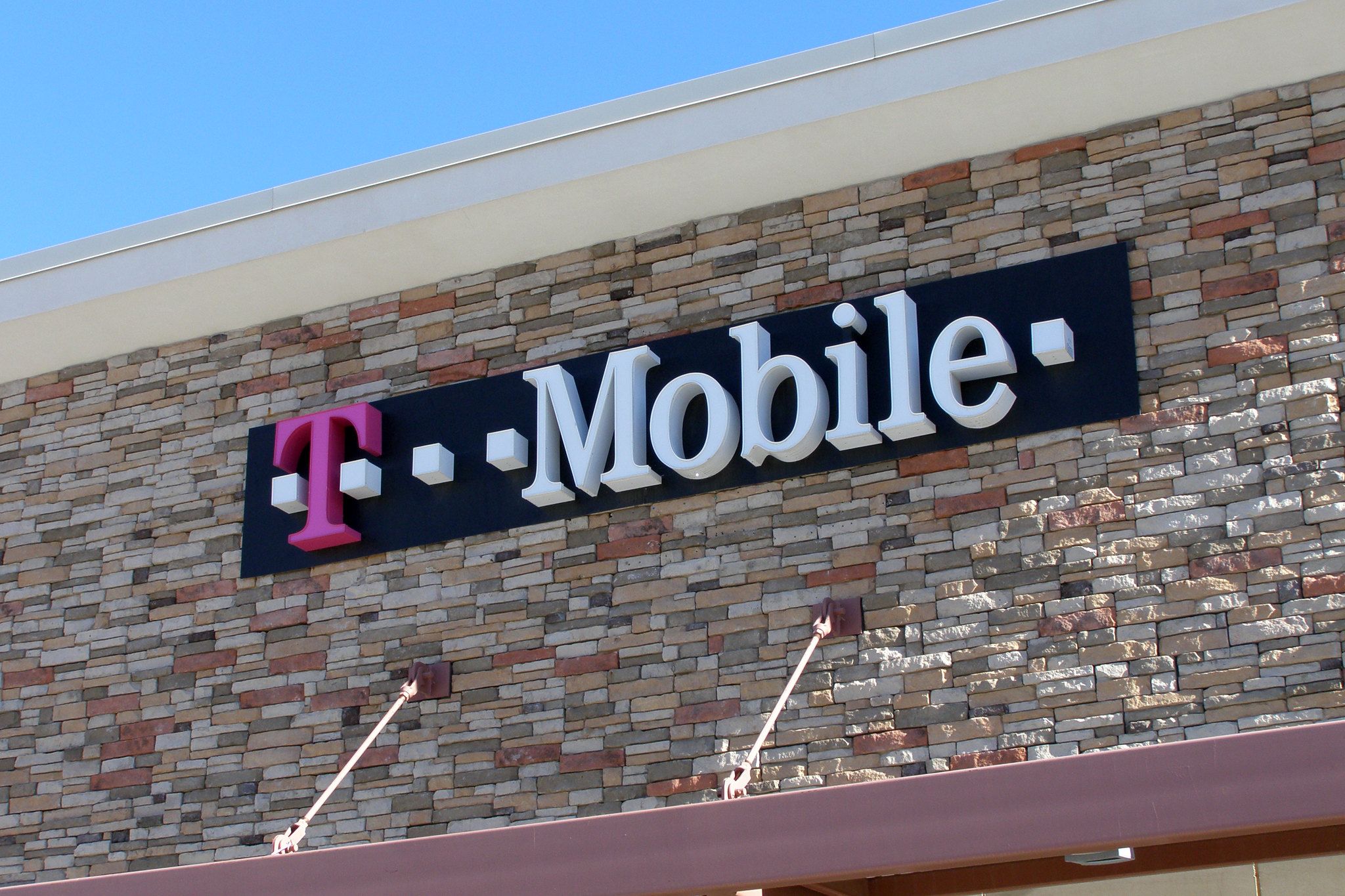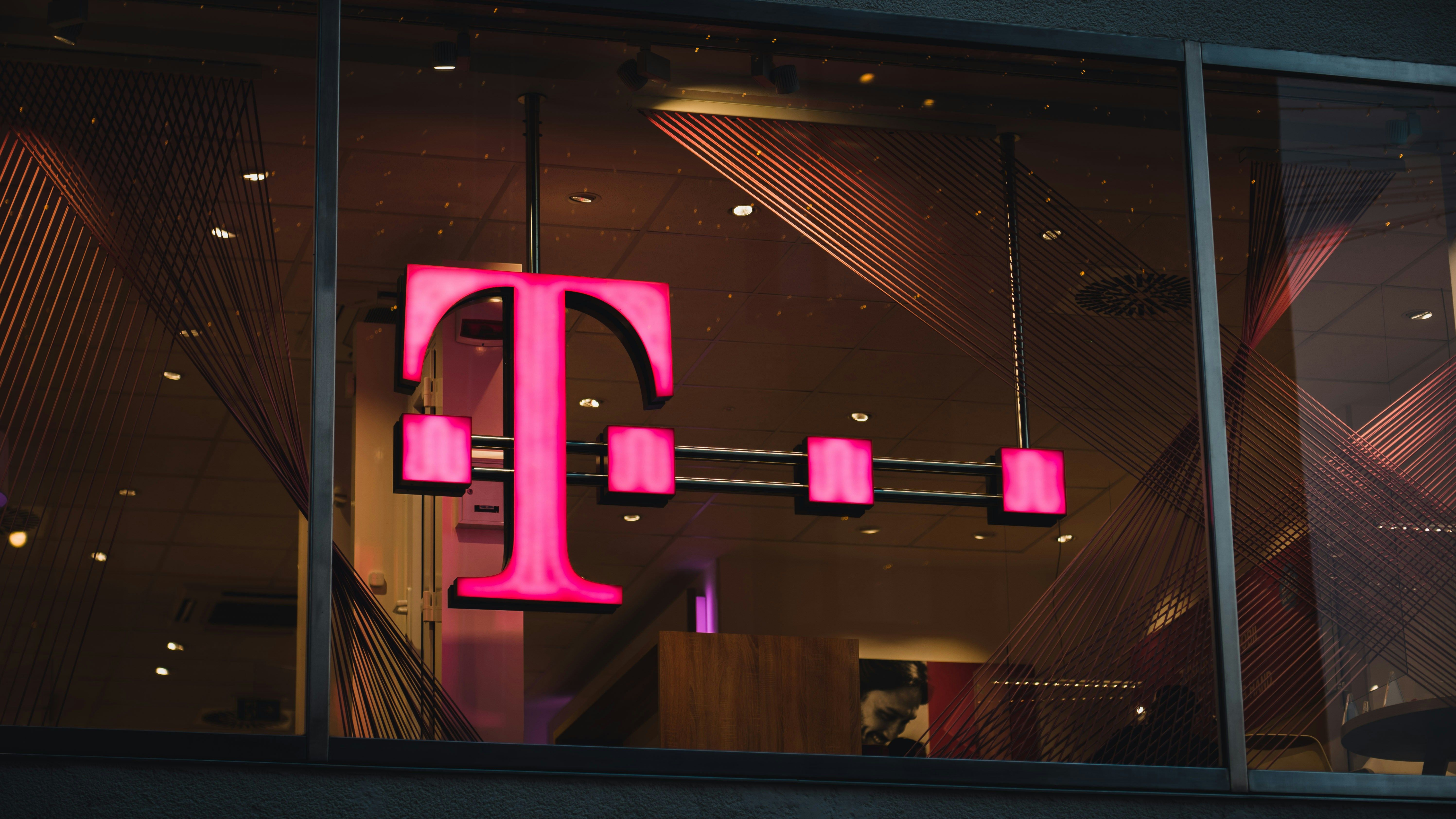In a landmark move within the telecommunications sector in the US, T-Mobile has announced plans to acquire the majority of US Cellular's operations in a deal valued at approximately $4.4 billion. This strategic acquisition is set to enhance T-Mobile's service offerings, particularly in rural areas where US Cellular has established a strong presence. As part of the transaction, T-Mobile will gain control over US Cellular's stores, customer base, and part of its spectrum assets.
This acquisition boosts T-Mobile's capabilities and coverage while also indicating ongoing shifts in the competitive landscape of the telecommunications industry. With this move, T-Mobile continues to expand its influence and service capacity, potentially aligning market dynamics in favor of enhanced connectivity for customers across the United States.
Details of the US Cellular Acquisition

"Retail T-Mobile" by ccPixs.com is licensed under CC BY 2.0.
Financial Structure of the Deal
The acquisition of US Cellular's wireless unit by T-Mobile is set at $4.4 billion, encompassing both cash and the assumption of debt. The financial terms include up to $2 billion of the total sum being attributed to assumed debt. Additionally, the cash portion of the deal may vary, with up to $100 million conditional on US Cellular meeting certain financial and operational targets between the deal's announcement and its closure. This aligns with T-Mobile's expanded coverage plans and is expected to increase its competitiveness in the wireless market.
Spectrum and Asset Distribution
As part of the deal, T-Mobile will acquire approximately 30% of US Cellular's wireless spectrum assets. This acquisition will particularly improve T-Mobile's capacity and coverage area, emphasizing improvements in rural regions. US Cellular will retain the majority of its spectrum and tower assets, which represents about 70% of its existing holdings. Additionally, US Cellular will lease out space on at least 2,100 towers to T-Mobile, solidifying a solid infrastructure base for the latter. This ensures improved service reach and also establishes a continued revenue stream for US Cellular through these long-term leases.
Implications for Rural Coverage

Photo by YoItsCapture / Pexels
Improvement in Rural Connectivity
One of the pivotal aspects of T-Mobile's acquisition of US Cellular's assets is the expected improvement in service coverage, particularly in rural areas. T-Mobile plans to utilize the newly acquired spectrum to enhance and expand its coverage in these less-served areas. This is anticipated to result in better connectivity and service options for existing US Cellular customers as well as attract new customers looking for reliable rural connectivity. The integration of these assets positions T-Mobile to offer enhanced broadband and voice services across a broader geographic area, thereby reducing the digital divide in underserved locations.
Long-term Leasing of Towers
The long-term leasing arrangement for more than 2,000 towers between T-Mobile and US Cellular solidifies an already solid operational base for T-Mobile and also ensures continual service improvement and expansion. This arrangement secures a strategic advantage for T-Mobile, allowing the company to grow its network's robustness and reach over a prolonged period. For US Cellular, this deal provides a steady and long-term source of income through the leased towers, offering financial stability and the opportunity to focus more intensively on monetizing their retained spectrum assets. The leases, spanning up to 15 years, indicate a long-term commitment to service excellence and network reliability.
Impact on Market Dynamics

Photo by Austin Distel on Unsplash
Changes in Competitor Strategies
The ripple effects of T-Mobile's expansive acquisition are likely to prompt immediate and strategic reactions from its main competitors, Verizon and AT&T. Historically, significant acquisitions in the telecommunications industry have led to aggressive market responses, including revised pricing schemes, enhanced service offerings, and accelerated technological upgrades such as:
- Investment in Rural Coverage - T-Mobile's acquisition aims to bolster coverage in underserved rural areas. Competitors might respond by ramping up their own infrastructure investments in these regions to prevent customer churn to T-Mobile's now more extensive network.
- Revised Pricing Models - To retain their customer base and attract new subscribers, Verizon and AT&T may revisit their pricing strategies, potentially offering more competitive, lower-cost plan options or increased bundling of services.
- Enhanced Merger and Acquisition (M&A) Activities - This deal could set off a chain reaction of further consolidations within the industry as companies strive to stay competitive. Companies might seek strategic partnerships or acquisitions to expand their capabilities and market reach.
- Technological Advancements - Competitors will likely accelerate the deployment of advanced technologies such as enhanced 5G services and integrated digital experiences to maintain a competitive edge.
Regulatory Challenges and Approval Process
The regulatory landscape for telecommunications mergers in the United States is complex, involving scrutiny from multiple federal agencies to ensure that such deals do not harm competition, reduce consumer choices, or negatively impact prices. The main aspects of the regulatory process include:
- Federal Communications Commission (FCC) Approval - The FCC will assess whether the merger serves the public interest, considering factors such as network expansion, service quality improvement, and fair pricing.
- Antitrust Review by the Department of Justice (DOJ) - The DOJ will analyze the deal to determine its effects on market competition. Given T-Mobile's recent string of acquisitions, this review will be particularly stringent to ensure that the deal does not create monopolistic outcomes.
- Public and Industry Comments - During the review period, the FCC and DOJ will solicit feedback from the public and industry stakeholders. This feedback can influence the outcome of the regulatory process, potentially leading to conditions being imposed on the deal.
- Potential Roadblocks - Given the scale of this acquisition and its potential impact on competition, T-Mobile and US Cellular might face significant regulatory hurdles. These could include demands for divestitures in certain markets or commitments to maintaining certain levels of service and pricing.
The approval process, expected to extend until mid-2025, will be closely watched by industry observers and could become a benchmark for future telecommunications mergers and acquisitions. T-Mobile's strategy in navigating this process will be critical in determining the timeline and final structure of the deal. As these developments unfold, they will undoubtedly influence the dynamics of the U.S. telecommunications market, affecting everything from consumer choices to how companies compete and collaborate in a rapidly evolving digital world.






